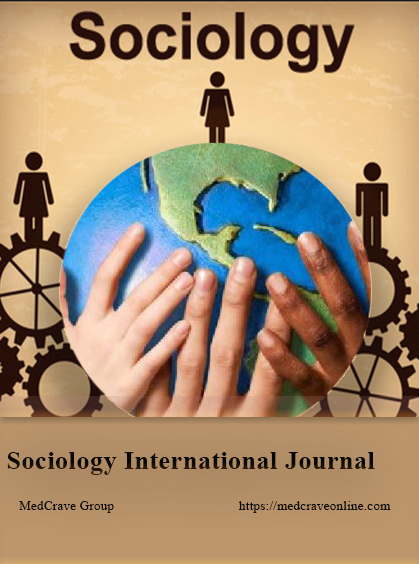The pedagogy of martyrdom among female suicide bombers
The pedagogy of martyrdom among female suicide bombers
Author(s): Joseph AlaghaSubject(s): Gender Studies, Criminology, Identity of Collectives
Published by: MedCrave Group Kft.
Keywords: self sacrifice; national resistance; suicide; martyrdom; women; female suicide bombers; kamikaze; honor; dignity; symbolic capital
Summary/Abstract: The controversial and timely subject of suicide operations or “martyrdom operations” has received both praise and condemnation: extolled when the targets were military and censured when the targets were innocent civilians. Although suicide operations occur in many places, they seem related to national struggles, or at least, those are the cases that I have chosen to bring to the fore. The framing of the argument rests on the understanding of martyrdom in relation to dignity, honor, and symbolic capital. The gender aspect is highlighted because my interest is in understanding the mindset of female suicide bombers in relation to their male counterparts when it comes to national and liberation struggle. This article gives an overview of women who engage in suicide operations in combat (targeting soldiers) and noncombat (targeting civilians) situations, mainly in Lebanon and the Middle East, but refers heuristically to the Far East for the sake of enlightening comparisons. For instance, while the Lebanese Hizbullah conducted twelve suicide operations by Shi‘a males and eight female Palestinian suicide bombers (including mothers) followed suit in Israel, secular Lebanese political parties have conducted suicide operations by both genders targeting Israeli occupation forces. The PKK in Turkey targeted both military and civilian targets. In the Far East, female suicide operations for the struggle for national independence were conducted by the LTTE in Sri Lanka and India and BKI in India. While ethnographic research was done in Lebanon, I relied on discourse analysis of relevant sources (in other area studies) to comprehend similar phenomena elsewhere. My finding is that the pedagogy of martyrdom seems to rests on two main points: Symbolic and religious capital (honor, dignity, nationalism) Agency: empowerment in selecting the time and place to defy and face a superior enemy, thus attempting to balance the lack of capabilities.
Journal: Sociology International Journal
- Issue Year: 1/2017
- Issue No: 2
- Page Range: 43-49
- Page Count: 7
- Language: English

